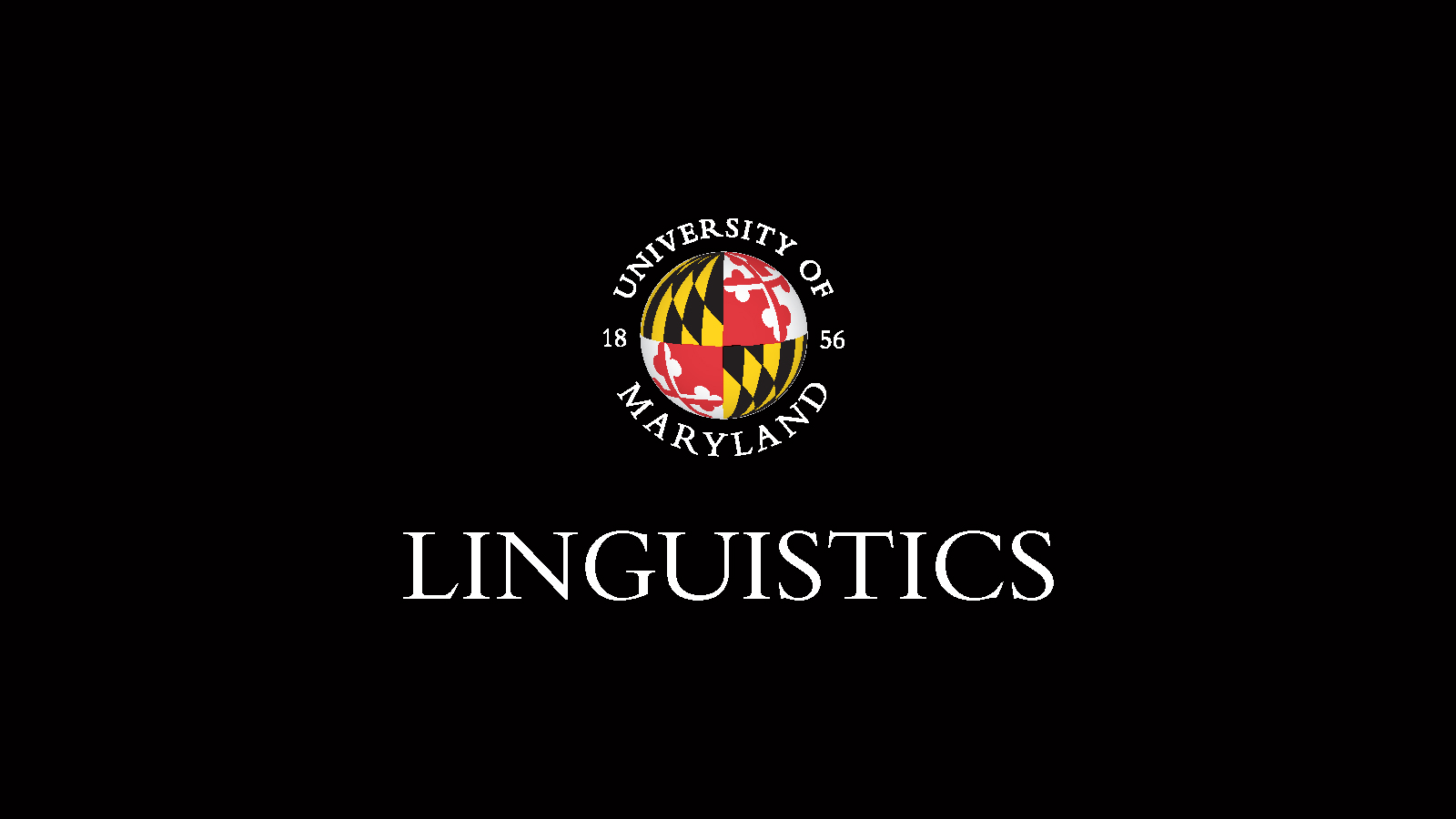Dan Parker • Illusory Negative Polarity Item Licensing is Selective

Dan Parker • Illusory Negative Polarity Item Licensing is Selective
Linguistics
Thursday, April 28, 2011
12:30 pm - 2:00 pm
St. Mary’s Hall,
Multipurpose Room

